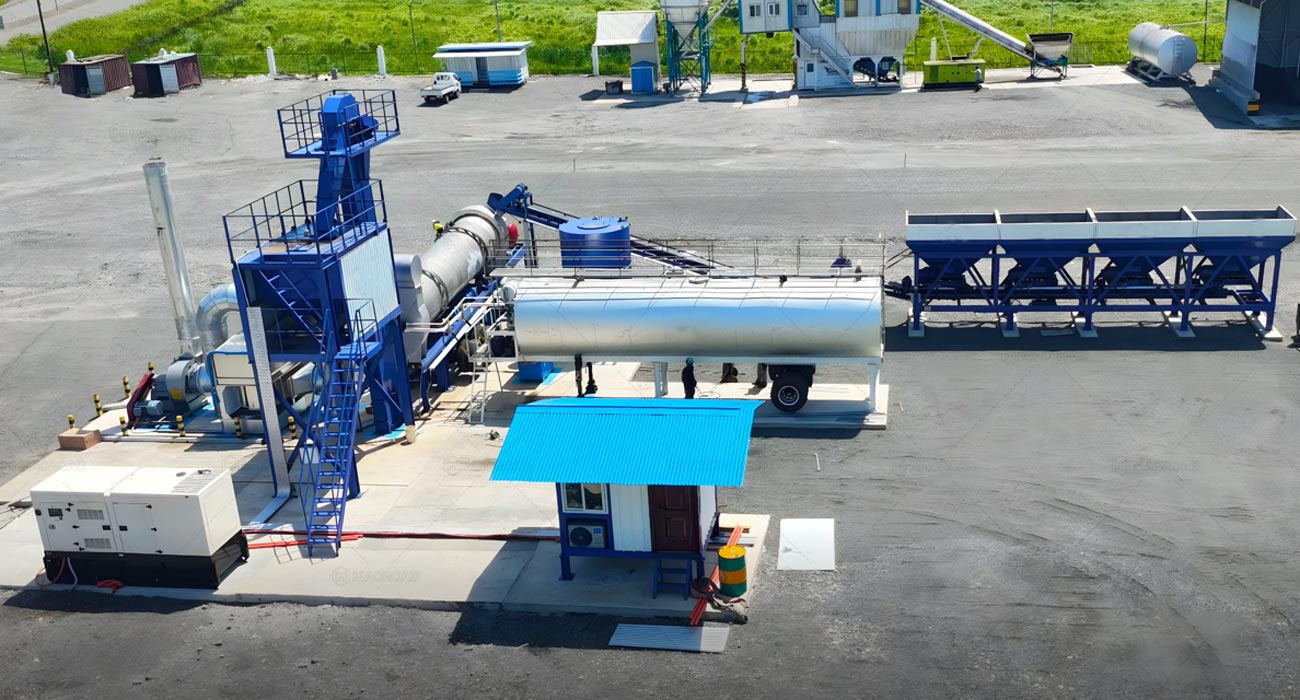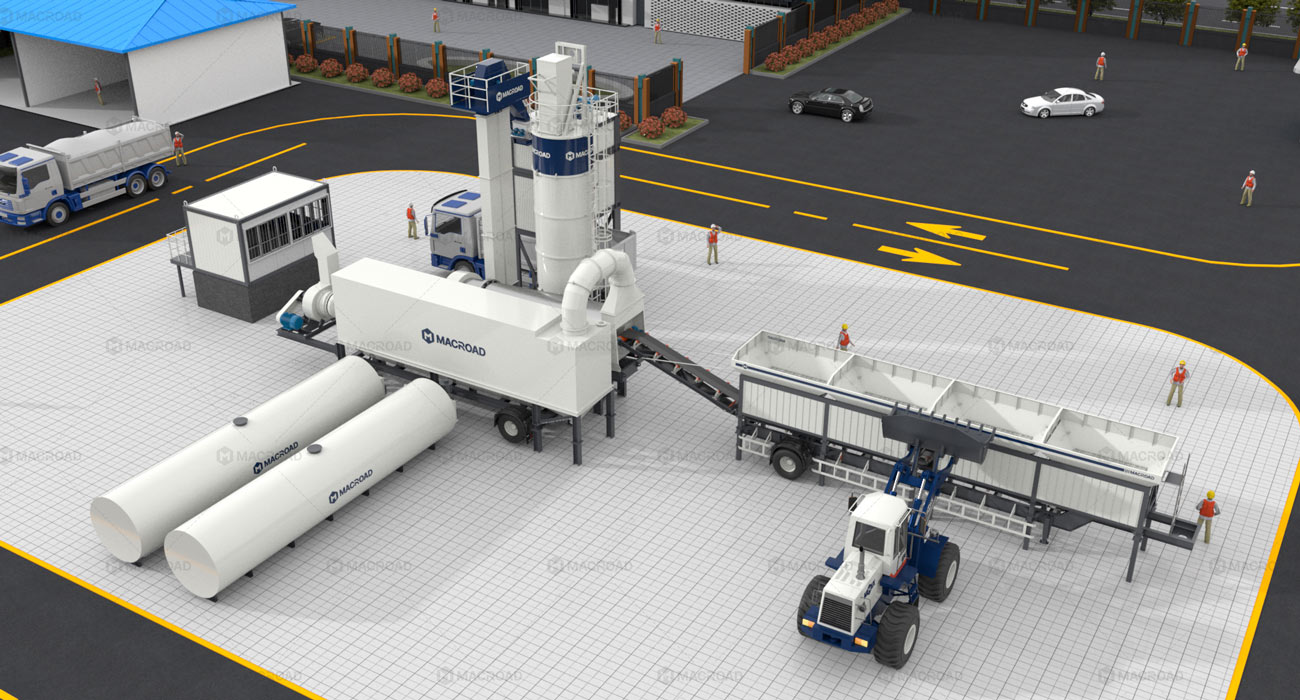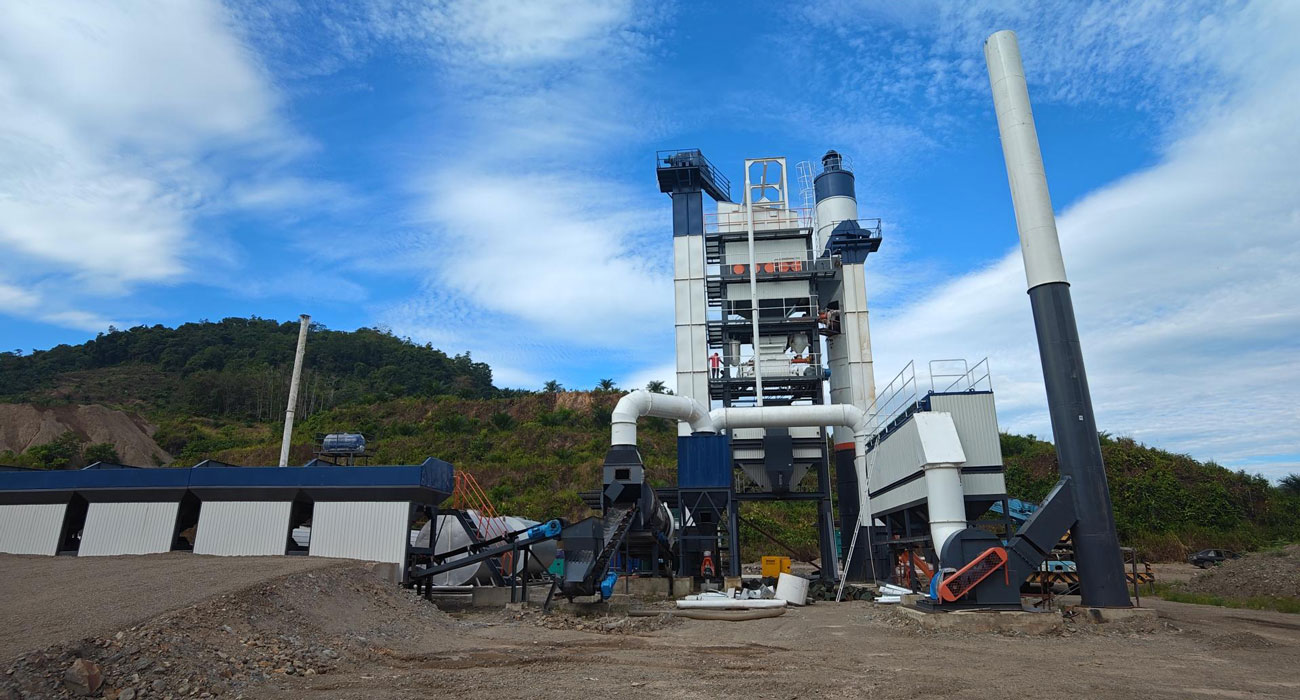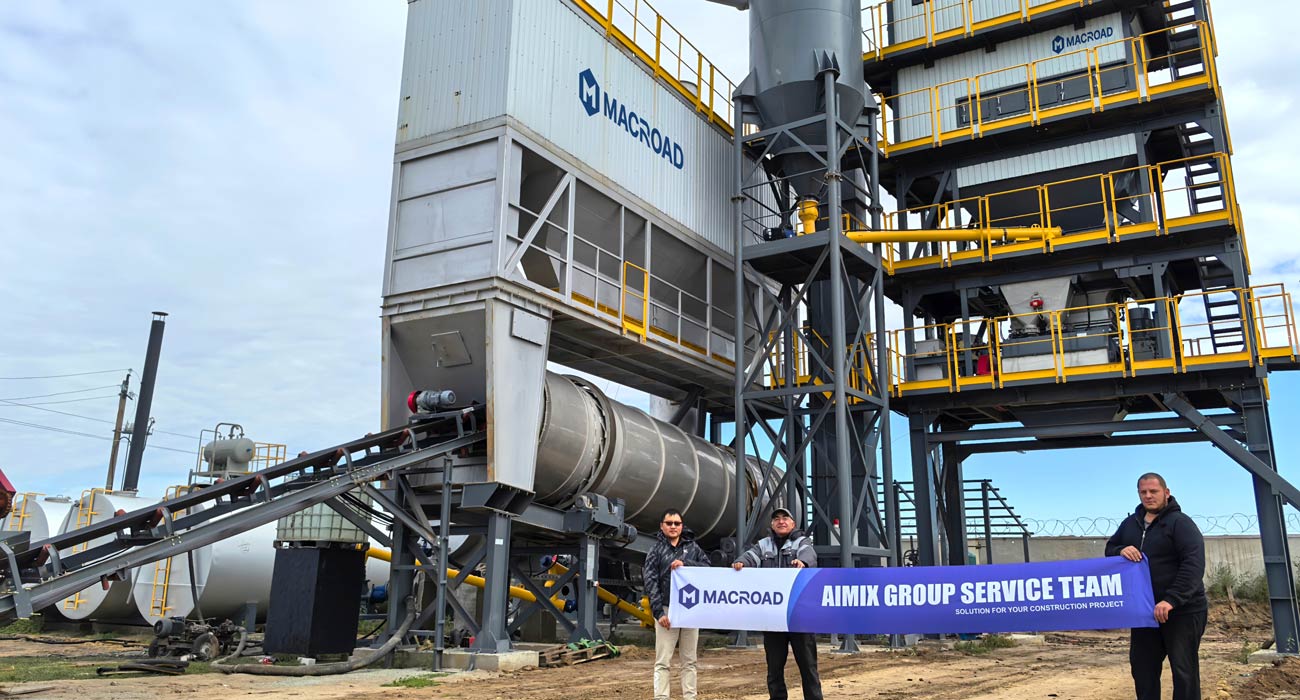As the demands of asphalt production become more dynamic, particularly with fluctuating batch sizes, upgraded small asphalt plants and hot mixing plants are enhancing the operational flexibility of asphalt plants while maintaining production quality. These advancements enable construction companies to respond rapidly to changing project requirements without sacrificing efficiency or output standards. This article explores how these upgrades contribute to improved adaptability in asphalt production.

Meeting Dynamic Production Demands
In today’s construction environment, the need for agile production capabilities is paramount. Fluctuating batch sizes require asphalt plants to adapt quickly to varying project demands. Upgraded small asphalt plants are designed to accommodate these shifts seamlessly, delivering consistent performance regardless of the batch size.
The ability to produce different asphalt mixes on demand is crucial for meeting the varying needs of projects, whether large or small. Enhanced flexibility is achieved through improved mixing technologies and automated controls that allow operators to adjust batch sizes and compositions efficiently. This adaptability not only helps in adhering to project timelines but also minimizes material wastage, making the overall process more sustainable.

Innovative Features of Upgraded Plants
Upgraded small asphalt plants come equipped with innovative features that further enhance operational flexibility. Advanced hot mixing plant systems provide better control over temperature and mixing speeds, allowing for optimal asphalt quality even with changing batch sizes.
These modern systems often include user-friendly interfaces and monitoring technologies that enable real-time adjustments during production. Operators can easily switch between different asphalt mixes, ensuring that the required specifications are consistently met. This integration of technology provides a competitive edge, as it ensures high-quality production while accommodating the fluid demands of construction projects.

Ensuring Consistent Quality
While flexibility in production is essential, maintaining quality is equally critical in asphalt production. Upgraded small asphalt plants and hot mixing plants enhance quality control through state-of-the-art monitoring systems that track key variables during the mixing process.
These systems often include automated quality checks that ensure adherence to predefined standards. By continuously monitoring parameters such as temperature and material ratios, operators can quickly detect any deviations and adjust accordingly. This proactive approach not only meets regulatory requirements but also boosts client satisfaction by delivering superior asphalt products.

Operational Efficiency and Cost Management
The integration of upgraded asphalt plants into existing operations can lead to significant improvements in overall efficiency and cost management. By enabling more responsive production capabilities, these plants help reduce downtime and optimize resource allocation, which is vital in a competitive market.
Moreover, the ability to produce smaller, more varied batches allows companies to align their output more closely with actual project demands. This alignment minimizes inventory costs and reduces the chances of overproduction. By managing operational expenses effectively, construction enterprises can enhance profitability while continuing to deliver high-quality asphalt products.
Conclusion
In conclusion, as asphalt production demands become more dynamic, upgraded small asphalt plants and hot mixing plants play a vital role in enhancing the operational flexibility of asphalt plants while maintaining production quality. Through innovative features and advanced monitoring systems, these upgrades enable companies to respond promptly to fluctuating batch sizes without compromising on standards. As the construction landscape evolves, investing in flexible asphalt production solutions will be essential for companies looking to stay competitive and meet the diverse needs of their clients. By prioritizing both adaptability and quality, construction enterprises can secure their position in a rapidly changing market.